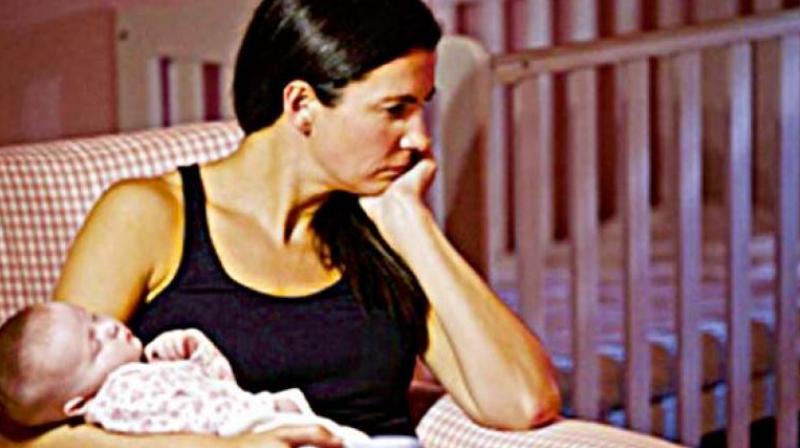36 per cent women remain underweight

Hyderabad: The National Family Health Survey (NFHS) 4, a survey by the Ministry of Health and Family Welfare, Government of India, revealed that 36 per cent of Indian women are underweight. Researchers at the Agriculture, Nutrition and Health (ANH) Academy Week, Hyderabad, presented their findings which showed that though women spend a significant amount of time in agriculture, their nutrition intake is significantly lower than men.
Most Indian rural women who constitute the agricultural workforce in the country, are not only engaged in agricultural work like transplanting, weeding etc but also perform household and childcare activities.
The United Nations Children’s Fund (UNICEF) in its report on Indian women’s nutrition has revealed, “A third of women of reproductive age in India are undernourished with a body mass index (BMI) of less than 18.5 kg/m2. It is well known that an undernourished mother inevitably gives birth to an undernourished baby, perpetuating an intergenerational cycle of under-nutrition.”
According to a study by Prof. Nitya Rao, University of East Anglia, men often go to work in urban areas, leaving women to balance agricultural and household work such as food gathering and preparation.
V. Sanchita Reddy, a researcher from Cornell University, spoke at the Agriculture, Nutrition and Health (ANH) conference said, “There is an unequal burden of time distribution (of work) between males and females of rural India. During the peak season of agriculture, women are left with less time for cooking and childcare, so they end up cooking less nutritious food. It has serious implications on women's health. Women’s agricultural work could potentially have negative outcomes, especially for the young child whose nutrition depends more on the mother’s time for breastfeeding. The double burden of work and care often leads to a time trade off between the two,” writes Prof. Rao in her study.
Health experts believe that gender discrimination is one of the primary causes of under- nutrition of females which not only requires gender transformative interventions but also betterment of education facilities and dietary awareness.

